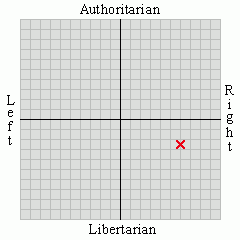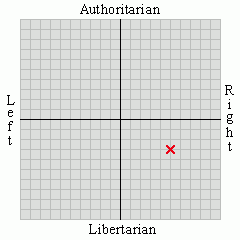
Swiss Muslims, the authorities, universities and legal experts have agreed that in the future, imams and Islamic religious teachers in Switzerland will have to be educated in a Swiss university. Researchers at the University of Zurich conducted a survey on 100 representatives of the Muslim community and 40 representatives of other religions, political parties and authorities, which asked various questions about the current state of Islam in Switzerland. The results were presented in a report in Bern entitled, "Religious Communities, State and Society", by the Swiss National Fund for Scientific Research, and will form the basis for legislative proposals to the Swiss Federal Council.
In the future imams will be required to have a good knowledge of at least one of the national languages, of the Swiss legal and political system, and the ability to enter into dialogue with other religious leaders. With 350,000 members, or 5% of the Swiss population, Muslims constitute the third largest religious group after Catholics and Protestants. Currently, all imams, who act as moral and spiritual guides for the community and mediators with the authorities and media, are educated abroad. The study confirmed that Swiss Muslims found this to be unsatisfactory. Linguistic problems are believed to prevent the imams from correctly undertaking their work within the community and also impede their religious teaching and contact with the Swiss Muslim youth. The Muslims surveyed also said they wanted imams that better understood the Swiss socio-cultural context in order to bridge the Islamic community with Swiss society. The institutional actors that were consulted expect imams to retransmit Swiss values and norms to their congregation.
Imams will need to acquire an understanding of Swiss history, law, politics and economics. It is also expected that they will need to complete a course in religious science and interreligious dialogue. Both Swiss Muslims and the institutions agreed that the form of Islam to be followed should be one based on the Swiss context, rather than one imported from abroad, whilst Islamic associations believe the state should not try to educate imams according to its own wishes. These measures constitute the most effective opposition to the spread of Saudi Arabian Wahhabism and Salafism, a form of Islam which rejects capitalism, constitutions, economics and political parties, and should be implemented by all Western societies to safeguard democracy.



No comments:
Post a Comment